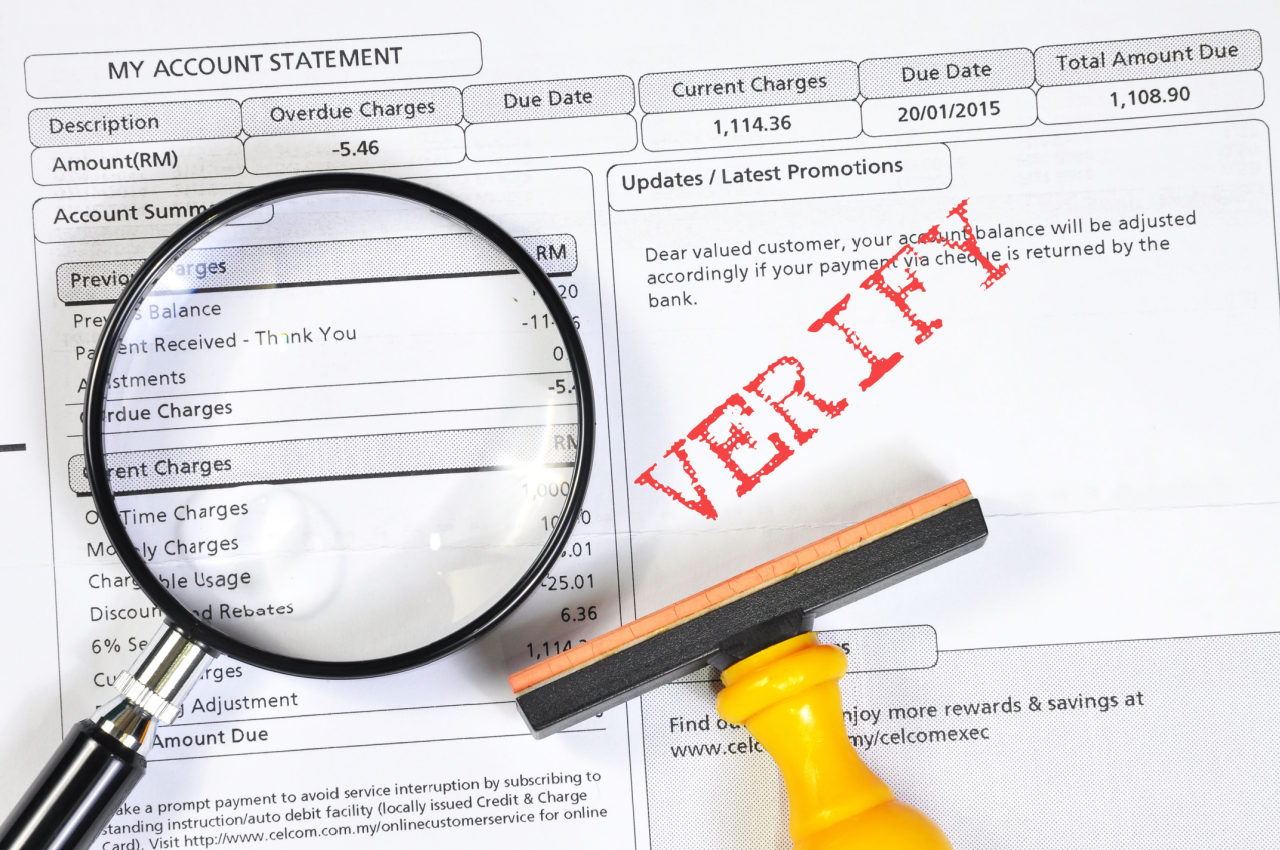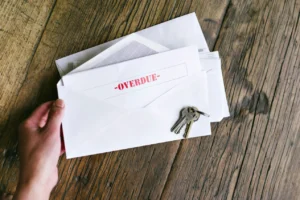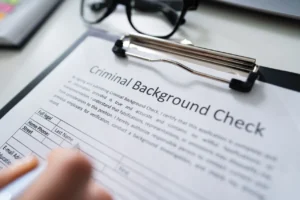As a landlord, your biggest priority is protecting your property—and your income. So, how do you make that happen? Renting to tenants who can reliably pay on time, every time. But how do apartments verify income?
It’s not just about numbers on a page. Verifying income helps you find tenants who are financially stable and trustworthy. In this guide, we’ll walk you through how apartments verify income, and the best strategies landlords use to make smart leasing decisions. Let’s get into it!
Main Takeaways
The income verification process is a core part of finding qualified tenants who can pay the rent on time. To do this, you should review your pay stubs, tax documents, and bank statements. When you can’t find proof of your traditional income, you may be able to turn to proof of savings, cosigners, or asking for a bigger security deposit.
Why Do Apartments Verify Income?
A landlord’s top concern is finding tenants who they can rely on to pay the rent on time, every time. And the best way you can figure that out is verifying your prospective tenants’ income. This way, you can see for yourself if they have a steady source of money to cover rent.
Checking your applicants’ income isn’t just about protecting yourself from late payments or potential evictions. It’s also about making sure your tenant isn’t stretching themselves too thin financially.
When you confirm they earn enough to comfortably pay rent and handle other expenses, it sets both of you up for a smoother, less stressful experience. You get consistent rent payments, and they get a home they can truly afford.
So, how do you determine if their income is enough? Let’s break it down step by step.
Minimum Income Requirements for Renting an Apartment
When it comes to checking how apartments verify income, one of the go-to methods is the 30% rule. It’s a simple way to figure out if a tenant can realistically afford the rent.
What’s the 30% Rule?
The 30% rule says that a tenant’s gross monthly income (their income before taxes and deductions) should be at least three times the rent. Put another way, they shouldn’t be spending more than 30% of what they earn on housing.
Why Does This Rule Matter?
This rule helps landlords check that tenants can pay rent comfortably and still cover the other essentials, like utilities, groceries, and transportation. It makes it less likely that they’ll deal with late payments or missed rent, since the tenant’s budget won’t be stretched too thin. It’s a win-win for both the landlord and the tenant.
Common Ways Apartments Verify Income
Let’s tackle the big question: How do apartments check if tenants can afford the rent? Here are the most common and reliable methods landlords use to verify someone’s income:
Pay Stubs
One of the easiest ways to confirm whether a tenant can pay the rent is looking at their paystubs. They show where someone works, how much they earn, and whether their job is consistent. Also, they highlight someone’s salary, hours they’ve worked, and how frequently they pay—key indicators that someone is financially stable.
 Proof of Income Letter (Employment Verification Letter)
Proof of Income Letter (Employment Verification Letter)
An income letter adds a personal touch to the process. Landlords can ask tenants for a letter from their employer, which typically verifies the tenant’s job, position, and income. It’s a straightforward way to confirm someone’s finances without diving into loads of paperwork.
IRS Tax Form 1040
You can also use tax returns to verify people’s income. Form 1040 provides a snapshot of a tenant’s total earnings from various sources over the past year. Keep in mind, though, that it’s based on last year’s numbers, so it might not reflect their current financial situation. It’s great for understanding long-term income but may be outdated depending on timing.
Screen Your Tenant Today!
Gain peace of mind with AAOA’s credit, criminal, and eviction reports.
IRS Tax Form W-2
A W-2 form is another reliable option. It shows the tenant’s total earnings and taxes from a specific employer over the last year. Like the 1040 form, it can give you a clearer picture of their past earnings, but it might not represent the tenant’s financial situation right now.
Bank Statements
Landlords can also ask for tenants’ recent bank statements, typically from the last two to three months. These can give you a peek into their regular income deposits (such as paychecks), spending habits, and overall cash flow. While they don’t directly prove someone’s employment, they’re a useful tool for evaluating the person’s overall financial status.
What If You Have No Proof of Income?
Sometimes tenants don’t have traditional proof of income—maybe they’re new to the job market, still a student. or in a number of other situations. But that doesn’t mean they’re unreliable! Here’s how apartments verify income in less traditional ways:
Check Their Credit Score: A credit score tells you a lot about someone’s financial habits. If they consistently pay their bills and manage debt responsibly, it’s a good sign they can handle rent payments, too.
Ask for a Cosigner or Guarantor: A cosigner (sometimes called a guarantor) is someone—like a family member or friend—who agrees to pay the rent if the tenant can’t. This gives you peace of mind, knowing there’s a backup plan in place.
Ask for Proof of Savings: Some tenants might have a significant amount of money saved up. If they can show you they have enough savings to cover several months of rent, it’s a great sign they can afford the unit.
Consider a Larger Security Deposit: If your local laws allow it, you can ask for a higher security deposit. In Northern Virginia, for example, landlords can request a security deposit of up to two months’ rent. So, if your local laws allow for it, asking for a higher security deposit can give you that extra layer of security against any issues that might pop up.
Take the Guesswork Out of Apartment Verification Income
By verifying people’s income, you can make sure tenants can afford the rent without being financially overburdened and overwhelmed. You can analyze people’s pay stubs, tax forms, and bank statements to confirm that they’re in a good place, financially. This helps tenants and landlords alike have a smoother rental experience.
Now that you know how apartments verify income, it’s clear the verification process takes time–and a little trial and error to spot the red flags. The problem is that you can’t afford to make mistakes in this stage, because it could leave your investment in jeopardy. That’s why it can be better to leave it to the professionals.
Source: Bay Management Group














 Accessibility
Accessibility